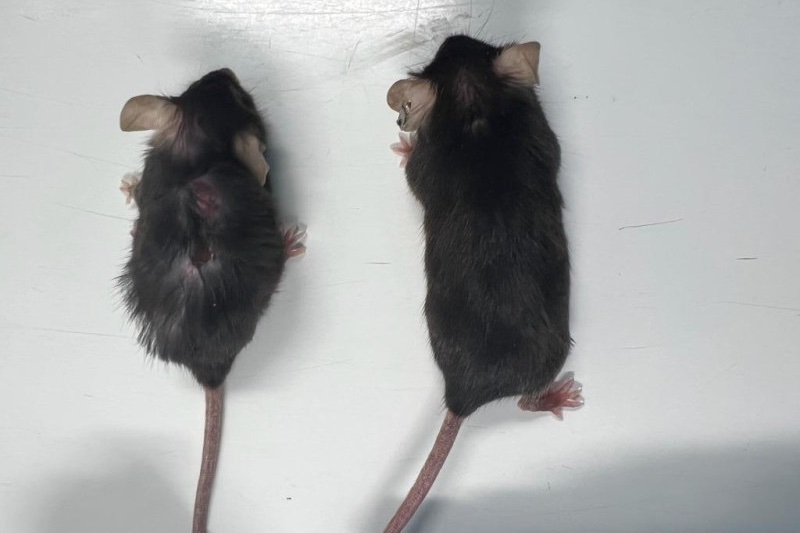Researchers have identified a drug that could level-up ‘well ageing’ in humans.
Scientists at the Medical Research Council Laboratory of Medical Science and Imperial College London found switching off a protein called interleukin 11 (IL-11) significantly increased the healthy lifespan of mice by almost 25%.
The treated mice were dubbed “supermodel grannies” in the lab because of their youthful appearance.
The study, titled ‘Inhibition of IL-11 signalling extends mammalian healthspan and lifespan’ and published in academic journal Nature, saw the scientists (working with colleagues at Duke-NUS Medical School in Singapore) test the effects of IL-11 by creating mice that had the gene producing IL-11 deleted.
This extended the lives of the mice by more than 20% on average.
They also treated 75-week-old mice – the equivalent of about 55 years in humans – with an injection of an anti-IL-11 antibody, a drug that stops the effects of the IL-11 in the body.
Mice given the anti-IL-11 drug from 75 weeks of age until death had their median lifespan extended by 22.4% in males and 25% in females.
They also lived for an average of 155 weeks, compared with 120 weeks in untreated mice.
Additionally, the treatment largely reduced deaths from cancer in the animals, as well as reducing diseases caused by fibrosis, chronic inflammation and poor metabolism – all hallmarks of ageing.

Identical twin mice: left, aged normally without intervention; right, received anti-IL-11 antibody treatment
“These findings are very exciting,” said study lead Professor Stuart Cook.
“The treated mice had lesser cancers, and were free from the usual signs of ageing and frailty, but we also saw reduced muscle wasting and improvement in muscle strength.
“In other words, the old mice receiving anti-IL-11 were healthier.”
According to the team, very few side effects were observed.
“Previously proposed life extending drugs and treatments have either had poor side effect profiles, or don’t work in both sexes, or could extend life, but not healthy life, however this does not appear to be the case for IL-11,” noted Cook.
“While these findings are only in mice, it raises the tantalising possibility that the drugs could have a similar effect in elderly humans.”
Anti-IL-11 treatments are currently in human clinical trials for other conditions, which could potentially provide exciting opportunities to study its effects in ageing humans.
What is IL-11?
IL-11 is a pro-fibrotic and pro-inflammatory protein.
While it is vital for limb regeneration in some animal species, it is thought to be largely redundant in humans, leading scientists to posit that it is an evolutionary hangover in humans.
After about the age of 55 in humans, more IL-11 is produced, which has been linked to age-associated conditions.
These include chronic inflammation, fibrosis in organs, disorders of metabolism, muscle wasting (sarcopaenia), frailty and cardiac fibrosis.
